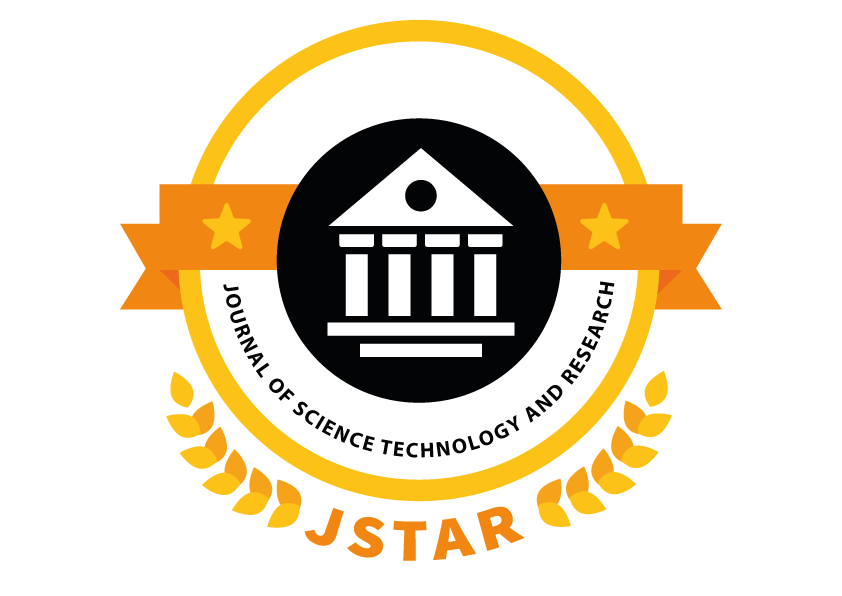Author:
T.Anish Sulthana, S.Ulageshini, M.Sheik Dawood, S.Sakena BenazeerPublished in
Journal of Science Technology and Research( Volume , Issue )
Pandemic COVID-19
The pandemic in India caused major disruption in healthcare, economy, and education. It began in early 2020 when COVID-19 spread rapidly. India’s response included nationwide lockdowns and emergency medical action. However, the sudden shutdown affected daily-wage workers and students the most. Hospitals struggled with shortages of oxygen and beds. The shift to online education exposed a digital divide. Meanwhile, people relied on herbal remedies to strengthen immunity. Traditional medicine like tulsi, turmeric, and neem gained new importance. This study explores the pandemic in India, highlighting its social and economic consequences, and the role of indigenous healing practices in recovery. It also explores lessons that can help India prepare for future pandemics.his paper studies the COVID in India experience—its health impact, economic strain, and the use of medicinal plants. Understanding these areas can help improve India’s pandemic readiness in the future.
Pandemic COVID-19
The COVID in India crisis changed every aspect of life. From early 2020, the virus spread rapidly, forcing strict nationwide lockdowns. This led to major disruptions in public health, jobs, education, and mobility. The COVID in India situation revealed gaps in healthcare infrastructure, digital readiness, and social security.COVID-19 belongs to the Corona viridae family under the Nido virales order. It shares similarities with earlier viruses such as SARS and MERS. These viruses have caused past outbreaks, making coronavirus research an urgent priority.Moreover, the pandemic revived interest in traditional medicine and plant-based remedies. Indian households turned to natural immunity boosters like turmeric, ginger, and tulsi. This paper aims to explore the COVID in India scenario—its health impact, economic damage, and the role of herbal treatments. Understanding these aspects will help India plan better for future public health crises.

